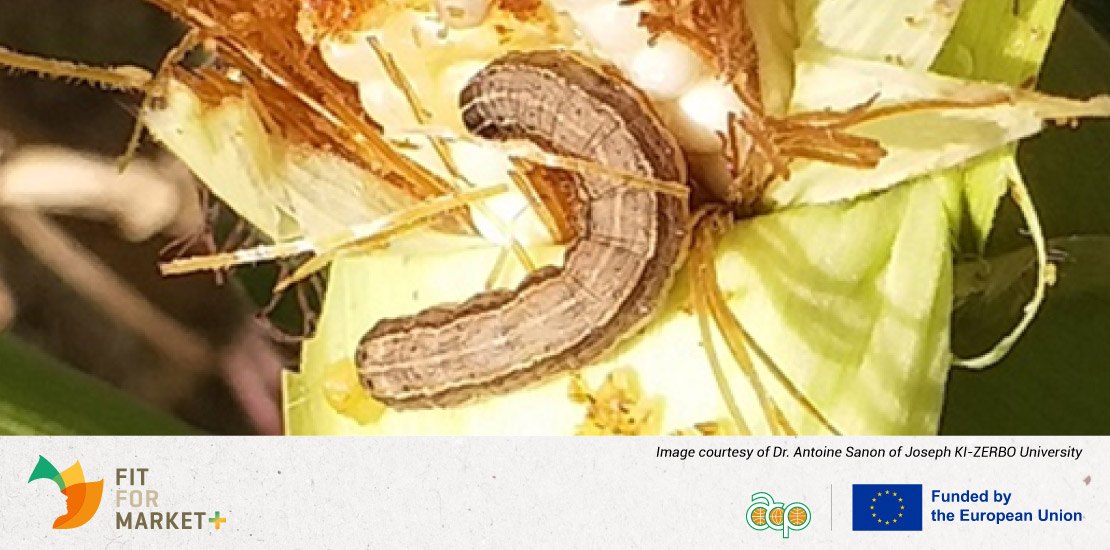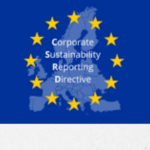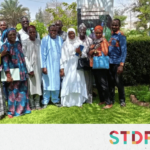Fall armyworm: effective, sustainable, and affordable control solutions are needed for this devastating pest in Africa
- 17/05/2023
- Posted by: Gaetan Dermien
- Category: ACP EN, Africa, Corp EN, News

The fall armyworm (FAW), Spodoptera frugiperda, is an emerging insect pest that was first recorded in West Africa in 2016. FAW attacks more than 80 plant species, with a strong preference for maize, one of the most widely produced and consumed cereals in sub-Saharan Africa. Since its introduction, the distribution of FAW has been expanding steadily and now covers the whole of Africa. The pest causes significant yield and economic losses and poses a serious threat to food security in Africa. Furthermore, as it is a quarantine pest, there is a zero tolerance in exports to the European Union.
COLEAD’s Research and Innovation Brokerage department is conducting research to find effective, sustainable, and affordable solutions to significantly reduce FAW populations.
Efficacy trials have been implemented in 2021 to test two biopesticides, followed by an Integrated Pest Management (IPM) trial in 2022 that combined different control methods including varietal tolerance, crop associations for the push-pull effect, and the biopesticides. Results obtained in this trial demonstrate that, compared to the use of conventional plant protection products (PPPs), the alternative approaches tested here were not able to provide the degree of control needed. While other studies have demonstrated that FAW is susceptible to these methods, their degree of effectiveness is variable. These results highlight the challenging nature of developing alternative control methods and IPM systems that provide the level and reliability of control needed for serious pests such as FAW, under the diversity of agronomic conditions. COLEAD research efforts will continue in partnership with the key stakeholders involved including growers, exporters, importers, PPP manufacturers, and research organisations, to ensure that solutions are quickly made available to growers.
COLEAD’s Research and Innovation Brokerage department is planning further trials in 2023/2024. We would welcome the opportunity to discuss our work with any interested parties, and to explore opportunities to collaborate.
This activity is supported by the by the Fit For Market Plus programme, implemented by COLEAD within the framework of Development cooperation between the Organisation of African, Caribbean and Pacific States (OACPS), and the European Union (EU).
This publication has been produced with the financial support of the EU and the OACPS. Its contents are the sole responsibility of COLEAD and can under no circumstances be regarded as reflecting the position of the EU or the OACPS.





